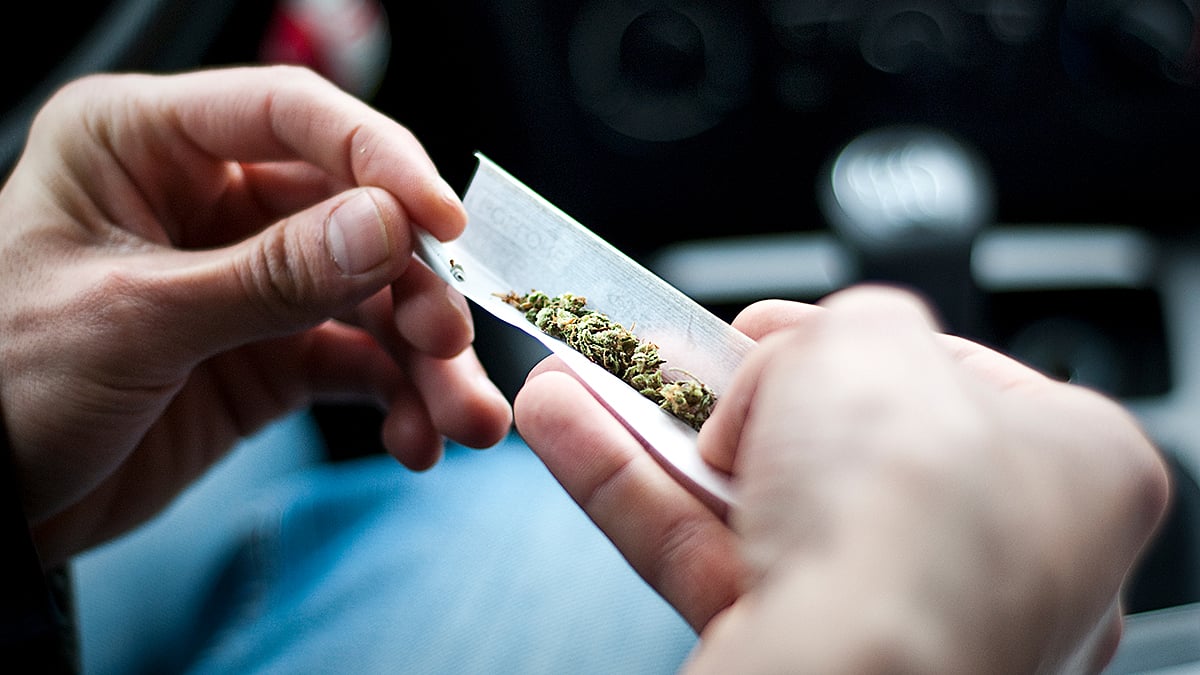Be advised that we have closed our Holland’s Drug location on South Locust Avenue.
Please contact one of our other two locations for assistance with your prescription information.
We look forward to continuing to serve you. Thank you!
Manténgase sano!

- Dennis Thompson
- Posted October 29, 2024
Marijuana Use Has Fallen 'Dramatically' Among U.S. Teens
Weed use among U.S. teenagers fell dramatically over the past decade, a new study shows.
By 2021, only about 16% of teens said they were currently using marijuana, down from 23% in 2011, researchers found.
All grades experienced a notable decline in current weed use, particularly among ninth graders, researchers said.
Further, the percentage of kids who tried weed for the first time prior to age 13 also notably declined, sinking to about 5% in 2021 from 8% in 2011.
Results show that weed use is most prevalent among high school seniors and juniors, with around1 in 5 reporting regular use, 22% and 19% respectively.
“While we observed an overall decline from 2011 to 2021 across all grades, older students consistently reported higher usage, particularly 12th graders,” said senior researcher Panagiota Kitsantas, chair of population health and social medicine with Florida Atlantic University’s Schmidt College of Medicine. “This suggests that as adolescents advance through high school, they may have greater access to marijuana, influenced by more developed peer networks and increased independence.”
“This trend highlights the need for targeted interventions aimed at older adolescents, who are at a greater risk of regular marijuana use,” Kinsantas added in a news release.
Researchers also found that girls now are toking more than boys, a significant shift from a decade ago.
About 18% of teenage girls reported current weed use in 2021, compared with just under 14% of boys, researchers found. That’s a switch from 2011, when 26% of boys used weed compared with 20% of girls.
Researchers also found that Black teenagers were most likely to be using marijuana, about 21% compared to 15% of whites, 17% of Hispanic teens and 5% of Asian teens.
For the study, researchers analyzed data on more than 88,000 U.S. teens gathered as part of the federal Youth Risk Behavior Survey, which is conducted by the U.S. Centers for Disease Control and Prevention.
Regular or heavy weed use as a teenager can affect brain development, leading to poor learning, problems with memory and attention deficits, researchers said in background notes.
Teens who use marijuana are two to three and a half times more likely to have lower grade point averages, researchers noted. They also face a fourfold increase in psychosis diagnoses in adulthood.
“In the U.S., the current landscape of marijuana legalization in adults adds a complex layer to the issues of adolescent marijuana use,” said researcher Dr. Charles Hennekens, a professor of medicine and preventive medicine at Florida Atlantic University. “As more states continue to legalize recreational marijuana, the accessibility and perceived normalcy of the drug may increase, particularly for adolescents who may view its legal status as an indication of safety or acceptability.”
“Research suggests that marijuana legalization in adults can influence adolescent behavior through their perceptions of less risk as well as increased availability, both of which may impede efforts to reduce adolescent use,” Hennekens added in a university news release.
The new study was published recently in the journal Pediatric Reports.
More information
The U.S. Centers for Disease Control and Prevention has more on cannabis and teens.
SOURCE: Florida Atlantic University, news release, Oct. 15, 2024
